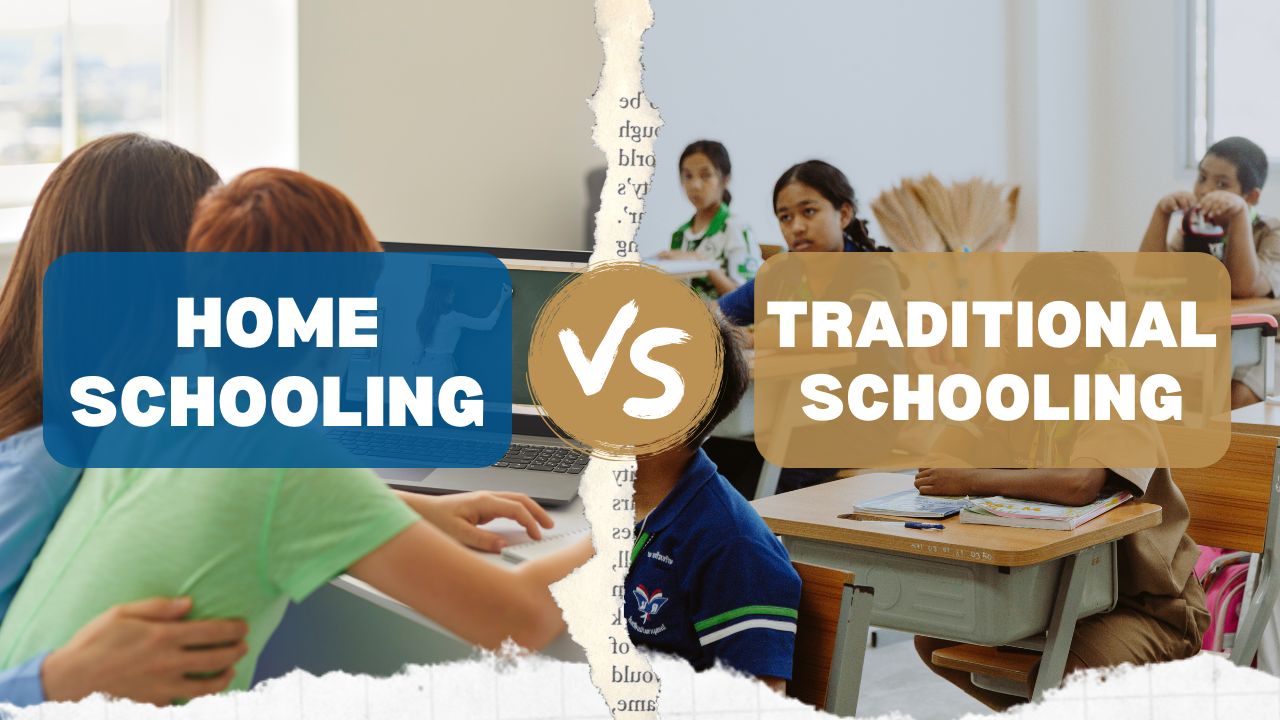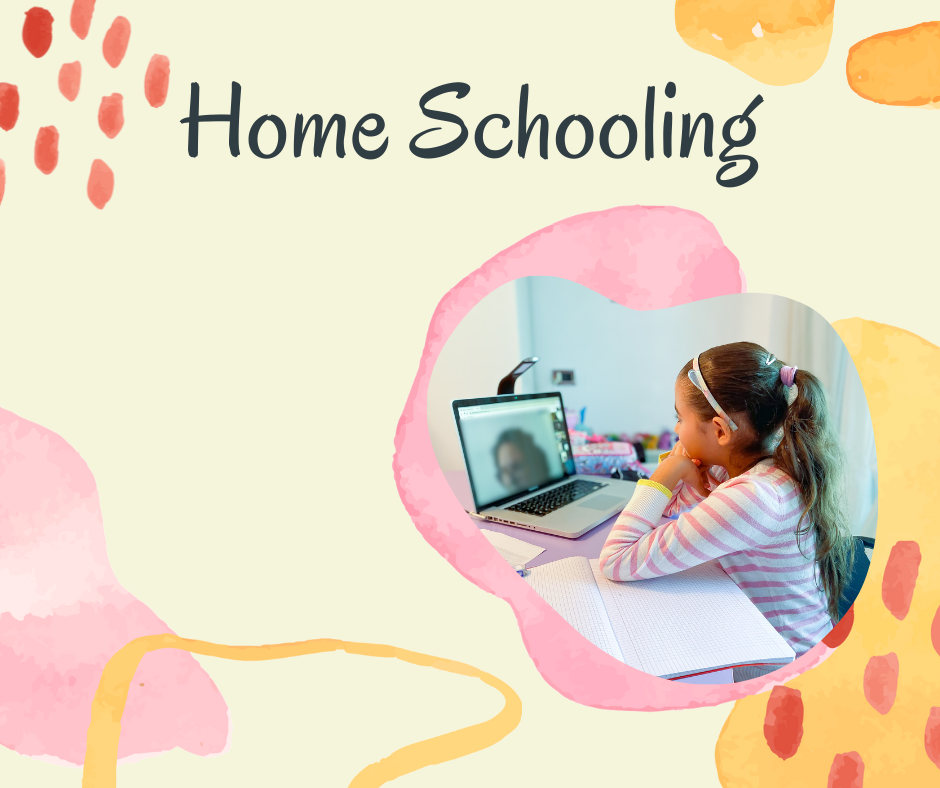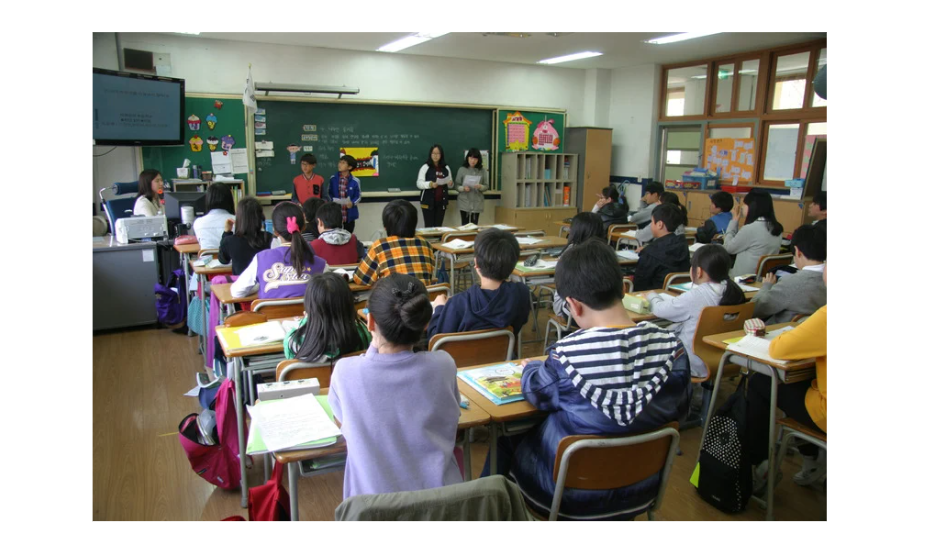Homeschooling vs. Traditional Schooling: Pros, Cons, and What Works Best




When deciding on the right education for your child, parents often choose between homeschooling and traditional schooling. Both methods have benefits and challenges, and the decision ultimately depends on the child's learning style and family needs.
Homeschooling is an educational approach where parents or guardians take full responsibility for their child's learning at home. It allows for a highly flexible and customized curriculum designed to the child's strengths, weaknesses, and interests.

Parents can choose from various educational resources, including textbooks, online platforms, and virtual classes, to provide a holistic learning experience. This method is especially beneficial for children with unique learning needs or those who thrive in a more relaxed and personalized environment.

Traditional schooling is the conventional method of education where children attend a formal institution, such as a public or private school, following a structured curriculum set by educational authorities. Students learn in a classroom setting with peers of the same age and are guided by qualified teachers. This method promotes social interaction, discipline, and exposure to extracurricular activities.
Homeschooling or online Home schooling is legal in India and recognized under the Right to Education (RTE) Act of 2009. It is becoming popular in cities like Delhi, Mumbai, Bangalore, and Kerala.

Online schooling is a form of education delivered through digital platforms and virtual classrooms. It allows students to learn from the comfort of their homes while accessing high-quality educational materials and expert teachers. Online schooling is especially popular among homeschooling families who want professional guidance without attending a physical institution. For more details, explore the article below.
Want to know how online schooling is different from traditional schooling? With technology making learning easier, many students now prefer online classes. But, traditional schools offer a familiar and structured environment. Check out the key differences between the two to choose what works best for you.
Feature | Homeschooling | Traditional Schooling |
| Learning Environment | Home-based, flexible | Classroom-based, structured |
| Social Interaction | Limited, community-based events | Daily interaction with peers |
| Curriculum Control | Customized by parents | Standardized by the school |
| Cost | Varies depending on resources | Tuition fees and additional expenses |
The right choice depends on the child’s personality, learning style, and family lifestyle. Some families opt for a hybrid model, combining both approaches for a more balanced experience.
If you're looking for a flexible and effective online homeschooling solution, Interval Learning is the perfect choice. With expert teachers, interactive resources, and a personalized curriculum aligned with CBSE, NIOS, and NEP standards, your child can excel from the comfort of home.
We offer a free student assessment to evaluate learning readiness, along with early joining discounts and sibling fee waivers. Families can also benefit from referral bonuses and access to interactive trial classes for better decision-making.
Enroll in Interval Learning today and give your child the advantage of quality education in a supportive and engaging environment.
Yes, homeschooling is legal and recognized under the RTE Act of 2009.
Yes, many universities accept online homeschooled students with proper documentation and exam scores.
Through community events, extracurricular activities, and homeschooling groups.
Online platforms offer expert guidance, but traditional homeschooling allows full control over the curriculum.
Evaluate your child's learning style, social needs, and your ability to provide consistent teaching support.